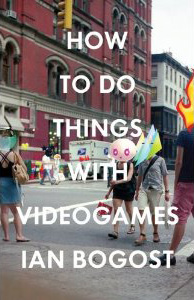I usually leave this interaction up to my partner in crime, because she's a social butterfly that loves smalltalk and gains some sick satisfaction from 'knowing' as many people as she can.
Don't get me wrong. We're best friends - we just know what each other are good at and work together. I'm an angry hermit, but put me in a room full of people and I'll get them doing cool stuff. I'm just hopeless at gathering the people.
Today I met up with Jayden - a very networked meeting - and we talked about the gaming version of networking.
It's the part of my game I have no idea about - and the part he does. It's how to create a digital link between the player and the avatar. I could do a basic version, but Jayden has ideas to make it 'faster' - and as far as immediacy is concerned, the faster the better. If the video can move at the speed of the audio, we're in business. The only other initial hiccough is how to make the GPS kick in through line of sight.
Anyhow, Jayden needs some bodies (people) that can move in synch. I spent three years off-and-on with people doing just that - some of whom can pretty much do it on cue.
Networking isn't all bad.
READING THE WONDERFUL JANET MURRAY TONIGHT. SHE TELLS ME THAT
Games seem to be well-suited to the role of cultural ratchet, preserving patterns
of behavior from one generation to the next through the intrinsic pleasure of shared
attention and imitation. Game play in itself is a means of transmitting general hab-
its of imitating, sequencing, and synchronizing actions.AS WELL AS
Other game patterns seem to address basic cognitive skills such as sequencing
actions, coordinating hand and eye, sorting, matching, counting, and navigating a
map. These game primitives are common to the earliest children’s games and to
traditional games including those known from ancient times, such as athletic con
-
tests, dice, and board games. They all focus attention on a limited domain and force
us to match our behavior with conscious, shared expectations.
AND
Games have also become a focus of participatory performance art, calling atten-
tion to symbolic content of games often in disturbing ways. The British art collec-
tive Blast Theory produces unsettling treasure hunts in virtual and real urban space
that require the player to trust strangers (http://www.blasttheory.co.uk).
I also read a nice short essay by Ian Bogost (well, 2 of them)
ART and WORK
from his book

Art was fun, but work was worth it. Great stuff.
Time to get off the network and think about sleep!
No comments:
Post a Comment